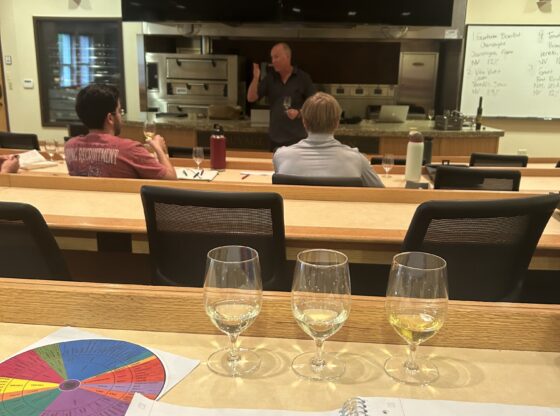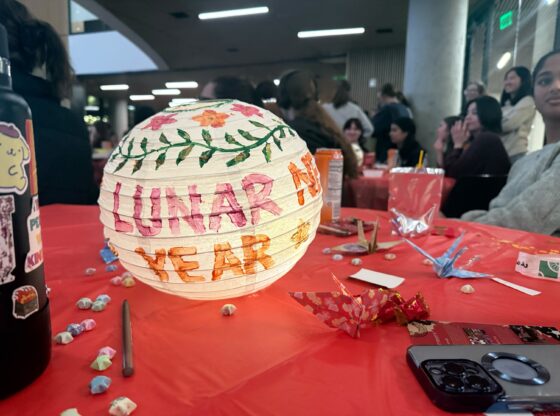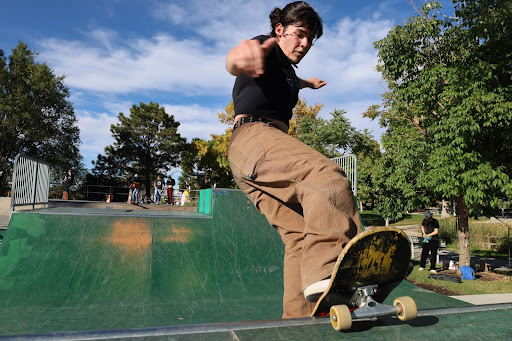The ultimate college staples: ramen noodles and booze. Just add water and consume.
On March 12, the federal government approved the production and distribution of powdered alcohol, called Palcohol. The four varieties—Rum, Vodka, Cosmopolitan and Powderita—are expected to hit store shelves this summer. On March 30, Colorado Governor John Hickenlooper signed legislation approving Palcohol to be sold across the state.
Even before federal government approval, the mere possibility of powdered alcohol being available to consumers has elicited intense and widespread responses from both the media and government officials regarding the health and safety risks of the product.
In May of 2014, U.S. Sen. Charles Schumer (D-N.Y.) asked the Food and Drug Administration to ban Palcohol, or what he referred to as the “Kool-Aid of teenage binge drinking.”
In December, Colorado House of Representatives member JoAnn Windholz voiced similar concerns in an interview with Fox News, saying, “It’s prudent for states to ban the product until they know how it can affect people if it happens to be stronger than liquid alcohol.”
In response to this negative press and multiple calls for a ban, Palcohol creator Mark Phillps created a sixteen-minute-long YouTube video in defense of his product, aptly named “The Truth About Palcohol.” Phillips presents himself as an outdoorsman, who created Palcohol for other campers and hikers to responsibly enjoy an alcoholic beverage without having to lug around a heavy bottle of liquor. In the video, Phillips claims to debunk main concerns raised by the media and legislators.
Much like the national climate, it is largely unclear what Palcohol could mean for the University of Denver community.
According to Sgt. James Johnston of Campus Safety, it would be their “preference” to have Palcohol banned.
“It’s highly flammable, it could be easily used to spike any kind of food or beverage, and it’s kind of like powdered drugs — you don’t know what it could be mixed with,” he said. “We’ve had plenty of issues with liquid alcohol and this would only make it worse.”
This past September, Campus Safety had its highest count of underage alcohol possession on record at 26 cases. The average number of cases for a month is eight to ten. This number is a part of a larger trend that Johnston has observed over the past four years.
However, as with most things, legal or not, it is student opinion and interest in this new form of booze that will ultimately dictate the campus’ drinking culture.
“I think, overall, it’s got more negatives than it has positives,” said Katie Ellis, a junior management major from Chicago. “I feel like for younger people it’s something that you can just slip to them instead of having to hide a whole bottle of alcohol.”
“How people use a product does not mean that that product is actually harmful itself,” said Jared Ominsky, a sophomore physics major. “How you use powdered alcohol is your decision, but, at the same time, I don’t think the government has a place telling us what we can and can’t do with it.”










